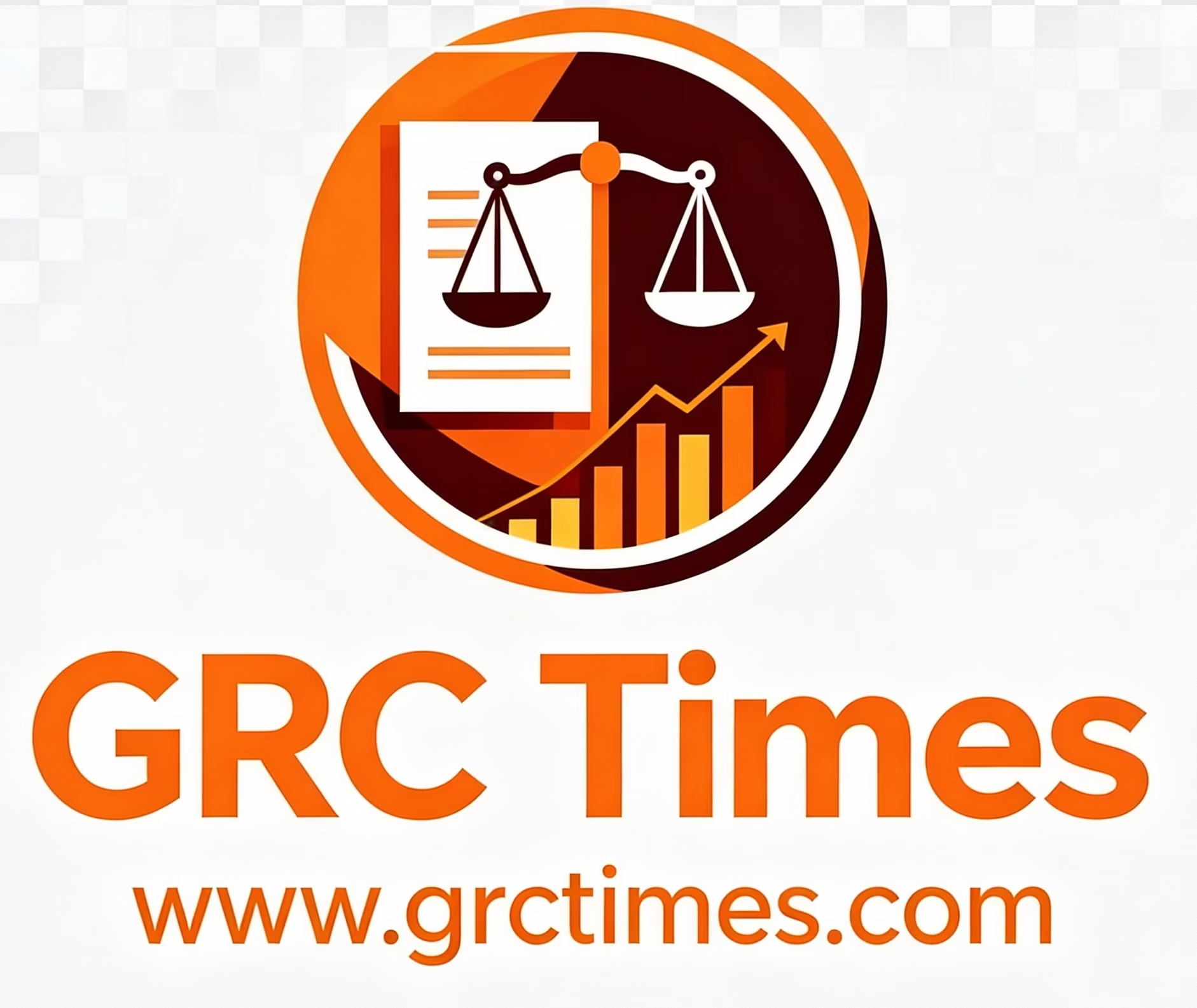Justice Department Launches Cash Incentives for Antitrust Whistleblowers
In a move set to transform the landscape of corporate antitrust enforcement, the U.S. Department of Justice (DOJ) has unveiled a major incentive program that offers whistleblowers up to 30% of fines imposed on companies found guilty of anti-competitive practices. The program, introduced in late July 2025, aims to empower insiders with financial rewards for stepping forward, dramatically expanding the government’s toolkit against price-fixing, market allocation, bid rigging, and other cartel behaviors.
The new rules enable employees—often the first to spot troublesome dealmaking or illicit collusion—to receive a sizable share of the penalties. Industry observers say this could lead to a surge in disclosures that bypass traditional internal channels, raising both opportunity and risk for corporate compliance teams.
Significance of the DOJ’s Move
Groundbreaking Incentives
-
The whistleblower reward can reach as high as 30% of the total antitrust fine, echoing successful reward structures in securities and tax enforcement under the SEC and IRS.
-
For context, that means a $100 million antitrust penalty could yield up to $30 million for a single whistleblower.
Eligibility & Standards
-
The policy covers tips that directly lead to successful DOJ prosecutions or settlements in antitrust cases.
-
Whistleblowers may remain anonymous if represented by counsel, similar to procedures in existing federal informant programs.
Enforcement Impact
-
The DOJ expects these rewards to draw out evidence that is otherwise difficult to uncover, such as secret communications or off-the-books arrangements known only to insiders.
-
Some legal experts suggest the move could accelerate global investigations, especially when multinational firms are involved, as U.S. fines often set the tone for penalties abroad.
New Compliance Pressures and Strategies
Changing Whistleblower Calculus
-
Compliance professionals now face the reality that employees could bypass internal reporting mechanisms in favor of hefty government payouts.
-
DOJ officials have warned that tipsters who come forward after reporting violations in-house may enjoy a stronger claim to the reward.
Corporate Compliance Best Practices
To mitigate the risk of whistleblower-driven enforcement—and the reputational and financial fallout that can follow—companies should:
Strengthen Internal Reporting Channels
-
Ensure hotlines and ombuds programs offer genuine anonymity and protection from retaliation.
-
Promote early reporting by communicating clearly about investigative processes and anti-retaliation policies.
Enhance Monitoring and Auditing
-
Use advanced analytics to flag suspicious patterns in transactions, emails, or sales deals.
-
Regularly audit high-risk departments and functions (e.g., sales, procurement, M&A) for signs of coordination with competitors.
Update Employee Training
-
Train all staff, especially managers, on the hallmarks of antitrust risk—including sharing pricing information, participating in trade association meetings, and communications with competitors.
-
Emphasize obligation to report both accidental and intentional violations.
Foster a Culture of Transparency
-
Regularly message leadership’s commitment to fair competition and compliance.
-
Address substantiated concerns swiftly, visibly, and fairly.
Engage Legal Counsel Early
-
Review and revise antitrust policies and internal investigative protocols.
-
Actively seek legal guidance on responding to external inquiries and potential whistleblower scenarios.
Broader Implications for Business
Heightened Audit and Litigation Risk
-
With the promise of multimillion-dollar rewards, companies should expect increased tips to the DOJ as well as a new wave of internal complaints.
-
Plaintiffs’ attorneys may also use whistleblower disclosures to launch follow-on civil class actions after a DOJ case becomes public.
Operational Changes
-
Firms may have to implement more rigorous recordkeeping, email surveillance, and controls on sensitive meetings.
-
Collaboration with competitors, even for permissible reasons, could draw scrutiny unless carefully documented and cleared by legal departments.
Reputational Stakes
-
Companies publicly linked to antitrust probes may face customer backlash, loss of investor confidence, and workforce unrest.
-
Rapid and transparent corporate responses can help contain reputational harm should a whistleblower-initiated investigation begin.
Practical Steps for Compliance Leaders
-
Audit and test existing internal whistleblower reporting procedures.
-
Launch periodic employee awareness campaigns about competition law and available reporting options.
-
Schedule unannounced antitrust compliance reviews with independent advisors.
-
Monitor regulatory updates and DOJ guidance on whistleblower program nuances.
FAQ
Who is eligible for the whistleblower reward?
Any individual who supplies original information leading to a DOJ antitrust prosecution or settlement may receive up to 30% of the fines collected, with eligibility criteria detailed in the DOJ’s official program notice.
Does the reward apply if the tipster already reported internally?
Yes. In fact, employees who exhaust internal reporting options before approaching the DOJ may improve their standing in award determinations.
Can a whistleblower remain anonymous?
Yes, provided they are represented by legal counsel throughout the process, mirroring practices in SEC and IRS programs.
What kinds of violations are covered?
The program applies to anti-competitive conduct violations prosecuted under the Sherman Act and related statutes. Typical examples include price-fixing, bid rigging, and illegal market allocation.
How can companies avoid getting ensnared?
By strengthening in-house compliance, facilitating secure anonymous reporting, and responding rapidly to address credible concerns—ideally before external action is triggered.

